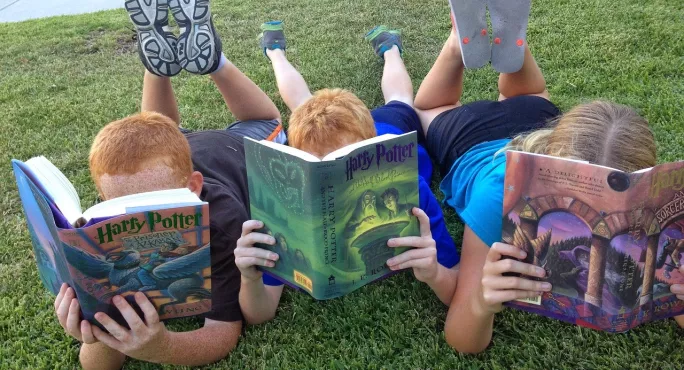When I moved from class teaching to the school library several years ago, I had a headful of ideas to develop a lifelong love of reading in our elementary school students. Most of these revolved around incentivising children to read.
At the time, the school subscribed to a reading programme: students would read a book and then answer questions about it on the computer. If they scored highly enough, they were allowed to move on to the next book or level.
I began a challenge to complement this programme, based on the game of chess. Once a student had read their way “across” the board, they were rewarded with a new book of their choice. Surely, I thought, incentivising reading in this way would have lasting effects on students’ reading habits?
I was wrong. Once the challenge ended, not one student carried on reading with such voracity, and when I tried to recommend new books to students, they most often responded with “No thank you, I need to read a ‘quiz’ book.”
Limiting choices
I realised that students were choosing to only read books they could do quizzes about in the school’s reading programme. It seemed that the so-called incentive of moving through the programme was actually narrowing children’s views of literature by limiting their choices.
The programme made reading a chore; something they had to get through. Some children worked the system by always choosing books that were easy for them to read or by just skim-reading the key sections that seemed most likely to come up in the quizzes.
Although designed - just like my own challenge had been - to incentivise reading, the programme turned reading into a competitive sport among some students and stopped others from reading anything else entirely.
I felt my readers were being broken, so I did some research about incentivised reading programmes and came across the work of author and lecturer Alfie Kohn. In his 1993 book, Punished by Rewards, Kohn argues that with these kinds of programmes, children will only read until they win or finish - they do not carry on reading afterwards. This means that you cannot foster a love of reading in this way.
‘Ditch the games’
So what was my solution? I ditched the reading games and competitions entirely, and the school decided against renewing the reading programme. Instead, we used the money to invest in both the main school library and the classroom libraries.
Since then, library checkouts have gone up and we have children walking the school with books in their hands, reading because they love to read.
I still believe that choice is vital to children’s enjoyment of reading, as is having books recommended to them by friends or adults. I therefore empower children to make their own choices and encourage them to ask me or others for recommendations.
Reading is not one-size-fits-all; it is about choice. And ultimately, the reward for finishing a book, or for deciding that you don’t want to finish the one you are reading, is that you can start a new one. It is that simple.
Sally Cameron is an elementary school librarian at an international school in Rome

